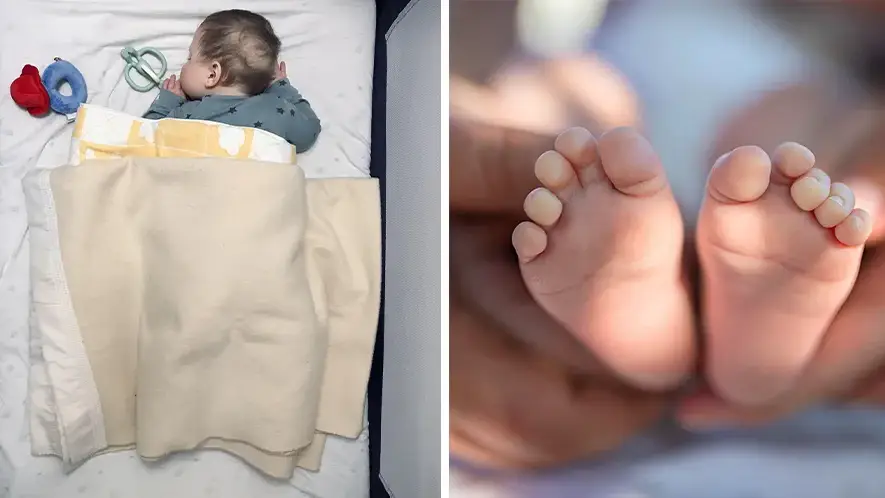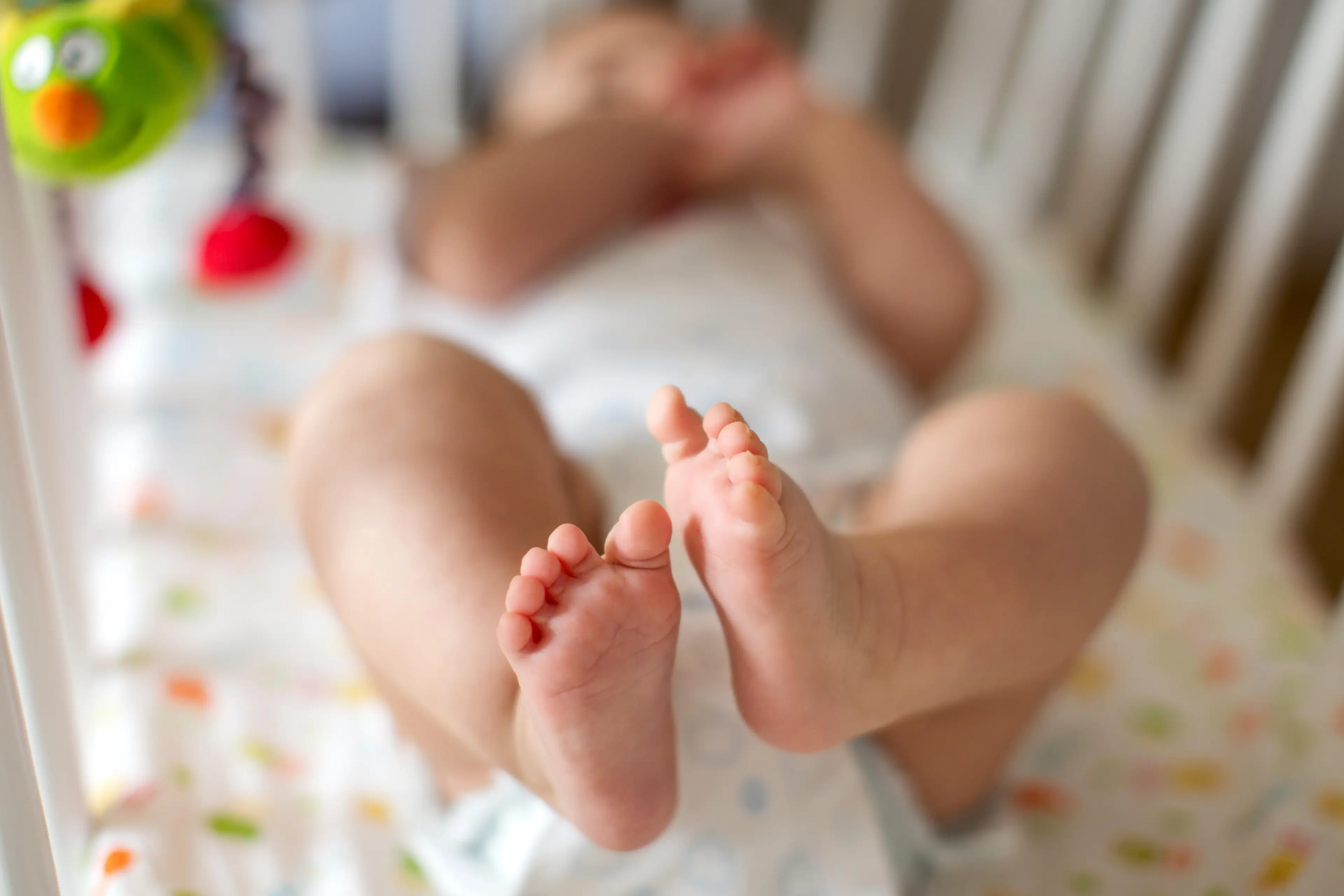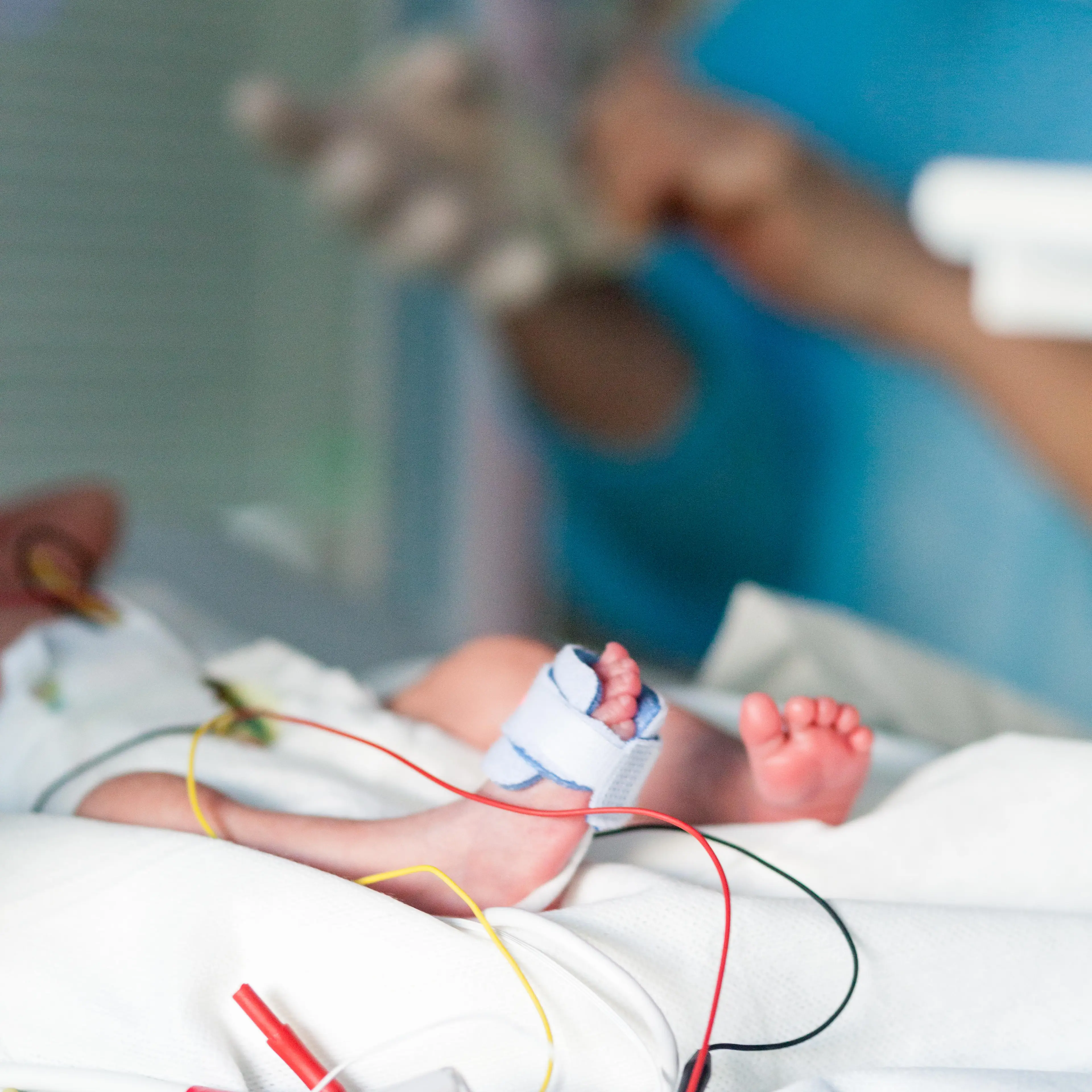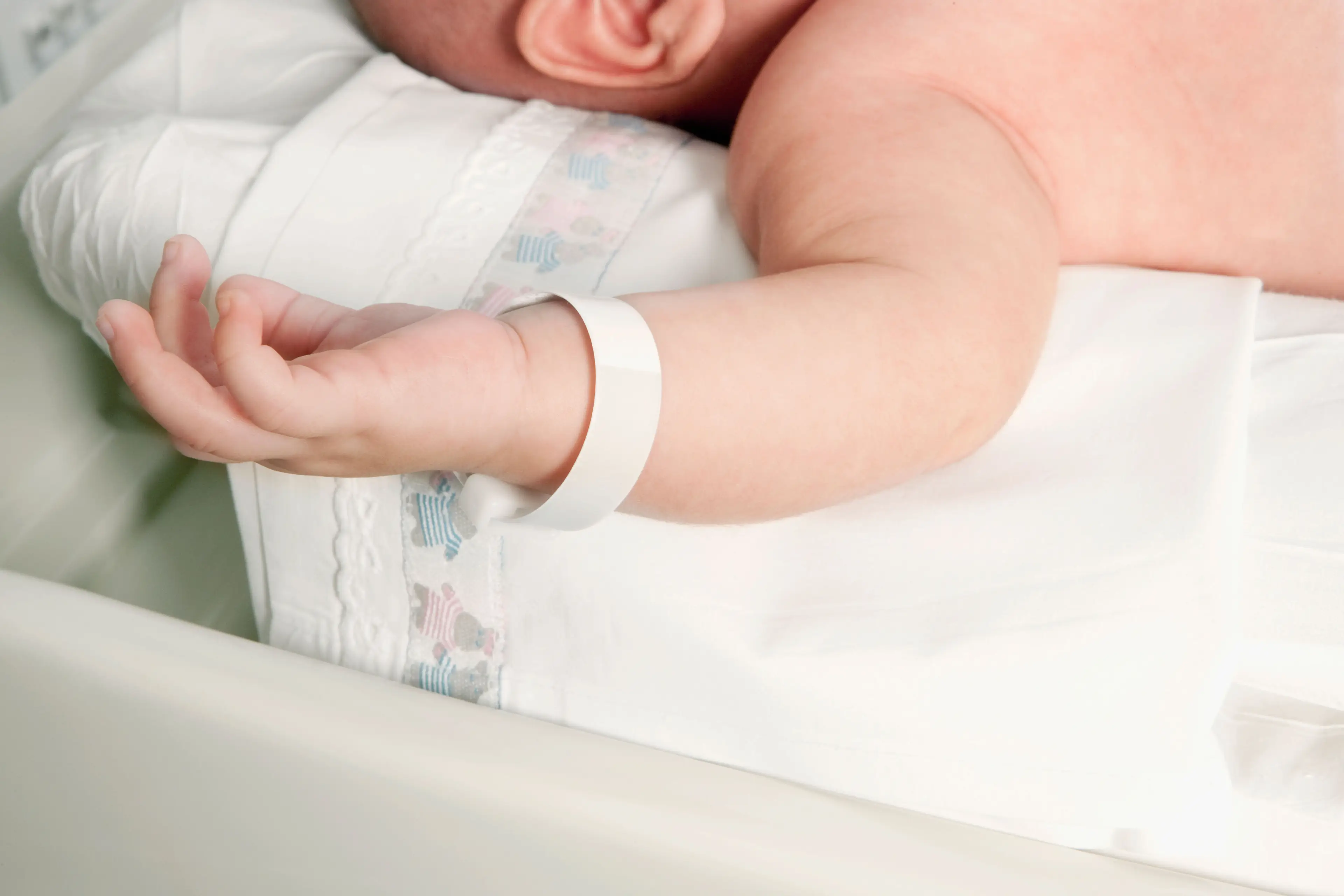
Trigger Warning: This article discusses baby loss
Sudden infant death syndrome, also commonly known as SIDS and sometimes referred to as 'cot death', is the unexplained death of an otherwise completely healthy baby.
According to the National Health Service, it's estimated that approximately 200 babies die every year from SIDS and mostly occurs during an infant's first six months.

Advert
The exact cause of the tragic syndrome has been unknown for years, but a new study points to a direct cause.
The Children’s Hospital at Westmead, Australia, has been home to the groundbreaking research that has successfully pinpointed the first-ever biochemical marker that will aid doctors in determining which infants are at a higher risk of SIDS while alive.
It is this biomarker that is deemed to be the key in getting closer to understand the cause of the heart-breaking syndrome.
The research itself in incredibly new, being first published on Sunday (8 May).

The study was published in Lancet’s eBioMedicine, a leading biomedical open access journal with a core ethos of 'bridging the gap between basic and clinical research'.
The biomarker in question has been revealed to an enzyme called Butyrylcholinesterase, abbreviated to BChE.
Leading the life-changing research is scientist Dr Carmel Harrington, whose own baby died due to SIDS nearly 30 years ago, making this a particularly relevant area of study.

Following a study investigating the varying activity in a sample of 722 Dried Blood Spots taken at the point of birth, scientists measured this BChE biomarker levels at birth and made a breakthrough discovery.
The study found that the levels of BChE were dramatically lower in the infants that went on to die from SIDS, when compared inline with the biomarker levels in babies who later died of other causes or who went on to live.
From this, the scientists were able to draw the conclusion that an 'arousal deficit' is what can make infants more vulnerable to SIDS.

They found that this is because BChE is a large factor involved in the brain’s 'arousal pathway’.
Dr Harrington said: "This has long been thought to be the case, but up to now, we didn’t know what was causing the lack of arousal. Now that we know that BChE is involved we can begin to change the outcome for these babies and make SIDS a thing of the past.”
The lead doctor has since dubbed the groundbreaking study as 'game-changing', and is positively hopeful for a future in which SIDS is 'a thing of the past'.
If you have suffered the loss of a child, the Baby Loss Awareness Alliance offers resources and support to help you through the process.
Topics: News, No Article Matching